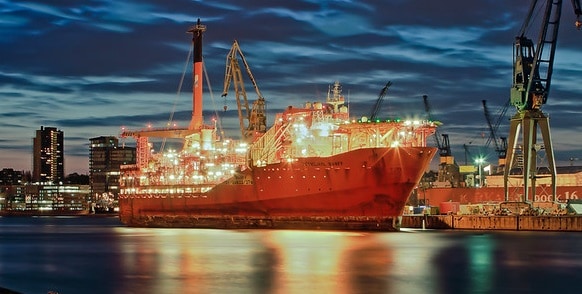By David Lewis
First published in Business Day
The Africa Oil and Power (AOP) Conference taking place in Cape Town this week is a high-powered event bringing together African governments and top executives of corporates across the energy value chain.
The AOP website describes it as “the venue for deal-making with Africa’s emerging enterprises and economies”
Deals may be clinched, but will they benefit the majority of people in Africa, or will they perpetuate the grim reality of a continent whose oil has been extracted almost for free with serious environmental and human rights consequences?
From big to small producers, the story is the same — oil revenues flow into the hands of corporates and individuals while the majority of people on the lands from which the oil is extracted remain in the grip of devastating poverty.
A case in point is South Sudan, which will be launching its licensing round at a press conference in Cape Town on Thursday. Kleptocracy has ripped the county in the vilest and most tragic way that saw nearly a million people displaced, thousands dead and children who should be at school used as soldiers.
Oil revenues that should have gone into the fiscus for development were diverted into the pockets of government leaders and to fund the civil war that broke out in 2013, two years after the county separated from Sudan.
The Sentry, a non-profit organisation co-founded by George Clooney, spent years investigating corruption in South Sudan and its recent report paints a picture of greed and unbridled corruption through a network that spreads to the UK, China and the US.
A UN Commission on Human Rights investigation report released in March also found pervasive rape, killings and torture despite the signing of a peace agreement by two parties in conflict in August 2018.
More than 90% of the South Sudanese people voted to split from Sudan but when they got their independence in 2011, President Salva Kiir and former vice-president Riek Machar, who fought side by side for freedom, began engaging in internal battles. Kiir accused Marchar of plotting a coup and sacked him.
In April 2019, the duo met the pope, who urged them to respect the peace agreement and form a unity government. As the November 12 deadline looms for the formation of a unity government, South Sudan is looking for investment to rebuild its broken country.
However, the preconditions for the formation of a new government outlined in the Revitalised Agreement on the Resolution of the Conflict in South Sudan have not been met. UN experts, diplomats, independent experts, civil society organisations and African faith leaders, have warned that the failure to implement the agreement may result in the re-emergence of a full-scale conflict.
Though the fighting has subsided in parts of the country, the peace deal remains fragile. Whether the unity government would make the November deadline is uncertain. It’s a risky time to invest in South Sudan.
Yet SA’s former energy minister Jeff Radebe went ahead and signed a memorandum of understanding to invest $1bn in a project that includes exploration, a new pipeline, terminal and refinery.
Radebe acknowledged that the scale of the work would need huge financing.
Any deal with South Sudan must be scrutinised given the country’s history and internal battles. South Africans need assurance that this investment, if viable, would be done transparently and ethically?
Moreover, technical advisers must have the requisite skills and experience. Corruption has tainted projects of this magnitude in the past. The country cannot afford governance and oversight failures.
While the Zondo commission tries to unravel the looting of SA’s state-owned entities and the capture of institutions, in South Sudan Kiir has been talking about corruption busting. But the UN, Sentry and other reports point to corruption in which oil revenues are being channelled to government forces.
In terms of the deal, between SA and South Sudan – SA’s state-owned Strategic Fuels Fund (SFF) reportedly has a 90% stake of Block B2 with South Sudan’s state-owned company Nile Petroleum Corporation. SA could bring in equity partners although the South Sudanese government has the right to approve or reject any partners.
Before accepting government selected equity partners, South African investors, and particularly a state-owned enterprise, should bear in mind that South Africa is a signatory to the OECD Convention on Combating Bribery of Foreign Public Officials.
The deal with South Sudan must be scrutinised. Civil society and the media have every right to ask questions to both SA and South Sudan governments. Would the contract be made public? Has the Sudanese government engaged constituencies to ensure transparency? Where will the money to invest come from and would the deal be aligned with SA’s human rights commitments?
Until South Sudan’s governing systems are in place, with proper legislation implemented, financial structures that are accountable, open audits and courts working within the parameters on an independent judiciary and concrete steps are taken towards full implementation of the peace agreement, South Sudan will remain a risky investment destination.
• Lewis the executive director at Corruption Watch

